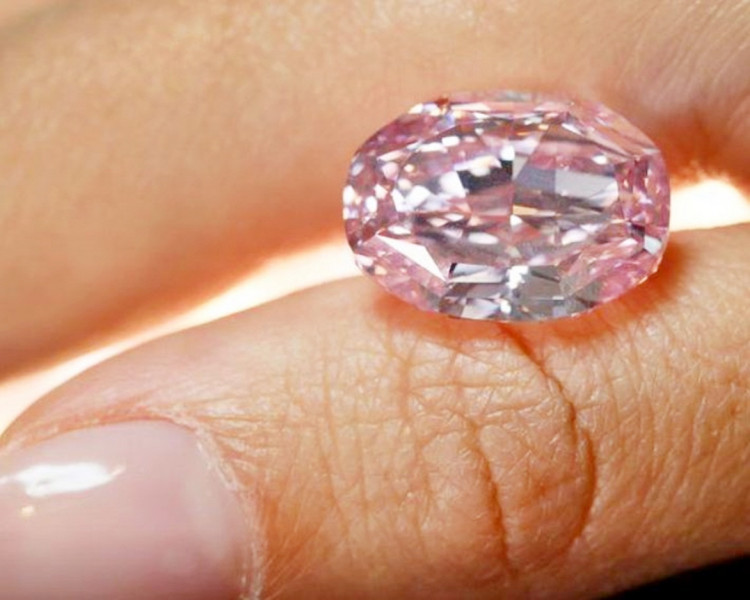China will become the world's premier luxury market by 2025 as rich Chinese stay at home owing to the pandemic and wait for the world's top-priced goods to come to them.
A report from management consultancy Bain & Company predicts wealthy Chinese consumers - the backbone of the world's luxury-good market - are going to be doing the bulk of their spending inside China owing to the lingering effects of the COVID-19 pandemic.
As a consequence, mainland China's luxury market is projected to jump 45% to reach $52.21 billion, Bain said in its Luxury Study. Bain estimates China will be the only region to report year-over-year growth this year.
Central to China's luxury resurgence will be the holiday shopping season and beyond - especially the 2021 Lunar New Year. Chinese consumers accounted for a third of worldwide luxury spending in 2019, Bain said.
Bain expects China to rebound at full speed this year and China's luxury market will overtake Europe and the Americas by 2025. Five years from now, wealthy Chinese will account for almost half of all luxury spending worldwide, according to Bain.
China's domestic luxury market is poised to grow as wealthy Chinese will continue to stay home and splurge on the finer things.
"There is going to be a rebalancing between different geographies that, of course, will massively impact the distribution ecosystem, and the size of the distribution networks of the [luxury] brands in these regions," said Federica Levato, a partner at Bain.
She said Asia, on the whole, was still in recovery mode while the Americas were expected to remain sluggish. Europe will struggle as a cold-weather rise in COVID-19 cases has forced countries into lock down.
"The overall (luxury) market has basically been shut down," Levato said. "And then the immediate consequence of it was no travel, basically. We've had 11 months of no intercontinental travel whatsoever."
Luxury markets in Europe and the U.S. have historically been driven by international travel, especially Chinese tourists.
Bain said that owing to the drying up of international travel, sales of personal luxury goods would contract this year for the first time since 2009. It estimates sales will fall 23% to hit $257.47 billion - the largest annual drop.
The overall international luxury market is forecast to shrink at a similar pace year over year. It is estimated to generate $1.19 trillion, said Bain. The market includes clothes, jewelry, watches, beauty products and accessories and experiences such as private jets, yachts and wine.





